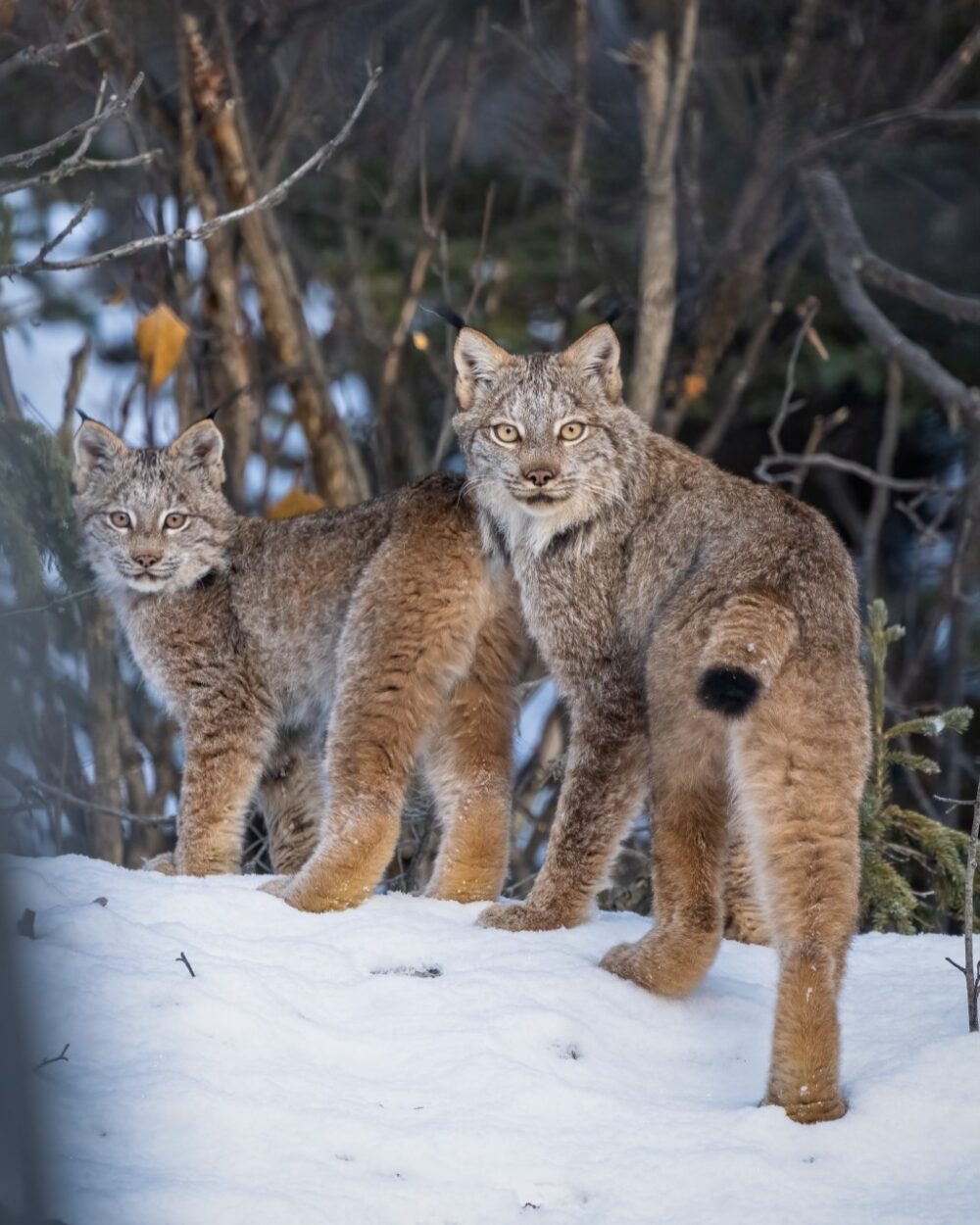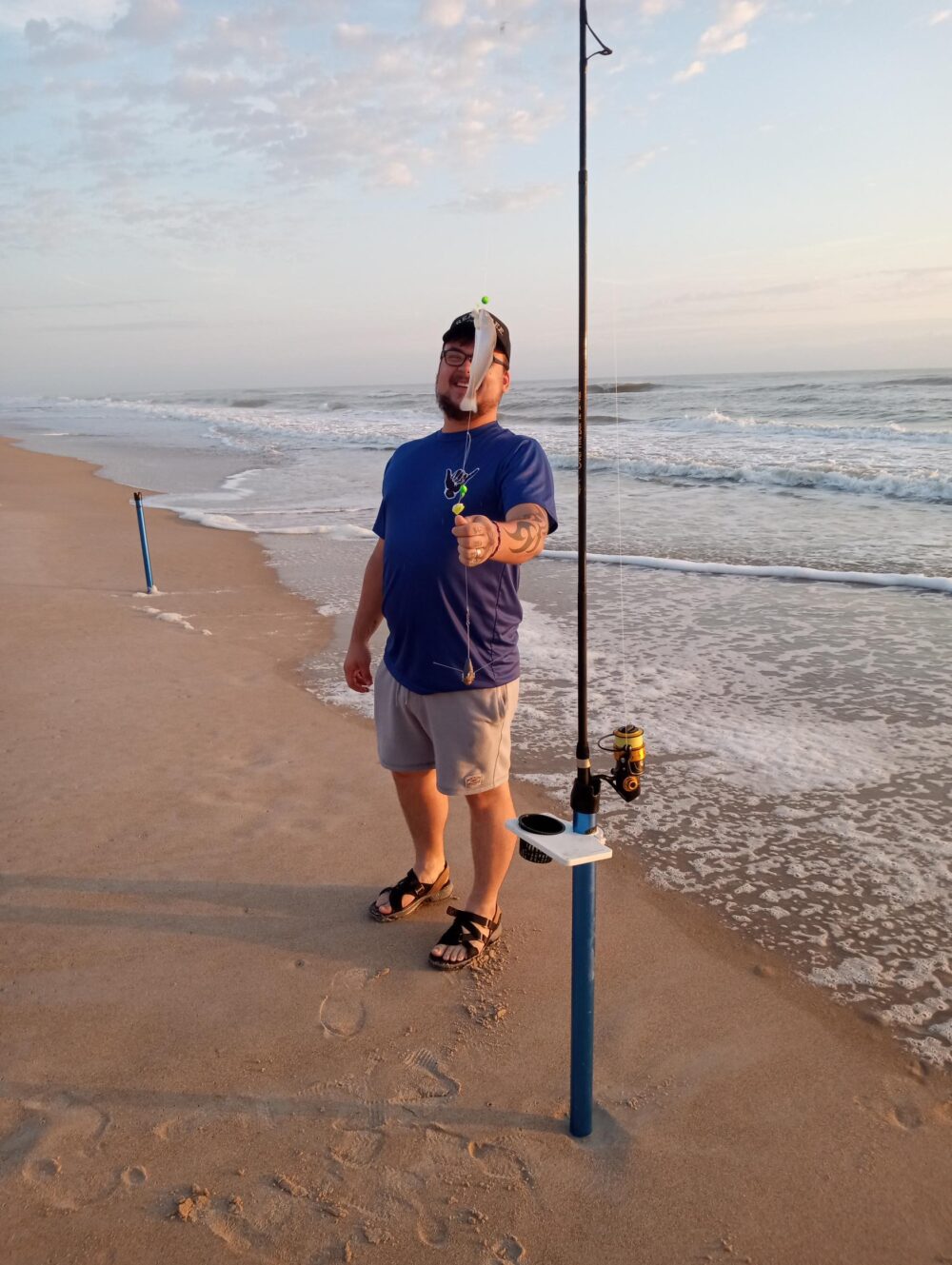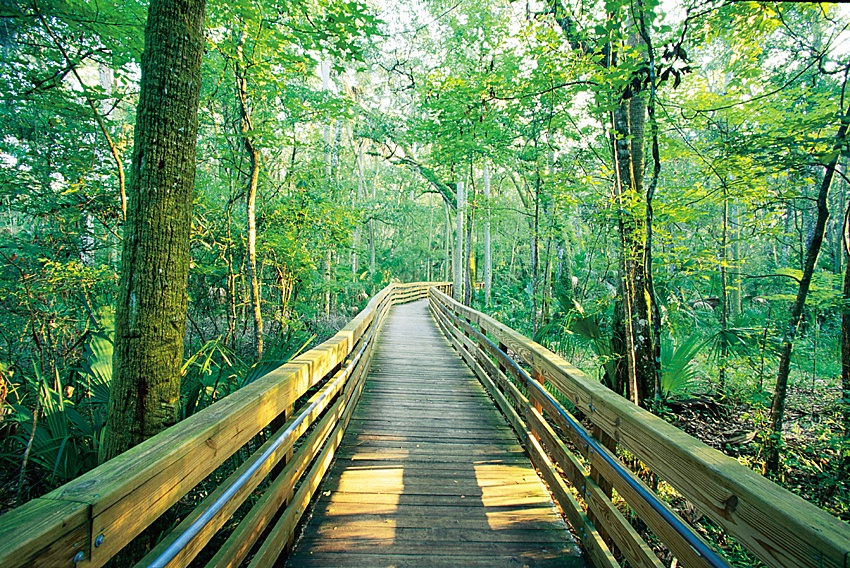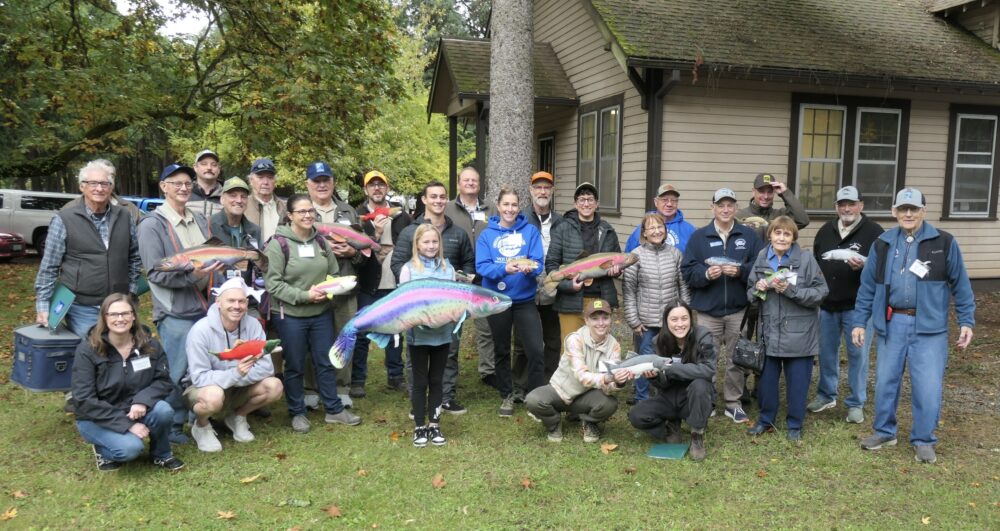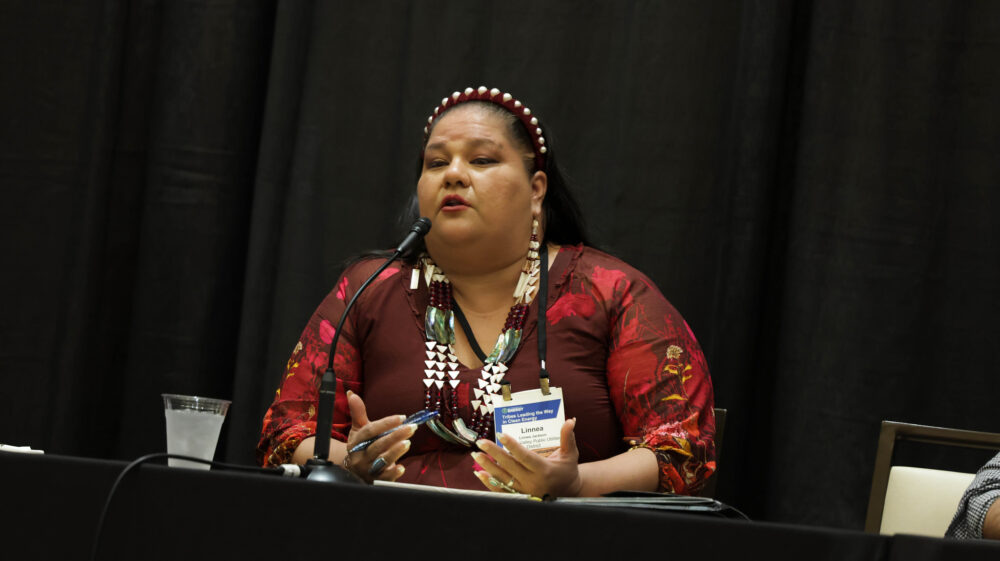We have much more to do and your continued support is needed now more than ever.
Weekly News Roundup – May 4, 2012
Want to know what National Wildlife Federation was up to this week? Here is a recap of the week’s NWF news:
New Route, Same Risks: Keystone XL Fails to Protect Nebraska
May 4 – TransCanada reapplied for a Presidential Permit to construct the Keystone XL tar sands pipeline today. The pipeline would carry up to 900,000 barrels a day of Alberta tar sands oil 1,700 miles to refineries on the Gulf Coast.
Jeremy Symons, senior vice president of the National Wildlife Federation, said today:
“It’s hard to tell what’s really new about TransCanada’s application, which continues to threaten Nebraska’s iconic Sandhills and its critical Ogallala aquifer. It’s just the latest broken promise from TransCanada, which has threatened to seize Nebraskan lands by eminent domain and claimed its Keystone I pipeline would spill very rarely, then spilled 12 times in its first year of operation.”
BLM fracking rules a good start, but provisions in draft need to be strengthened

The BLM’s draft rule on fracking is a start to addressing concerns about the potential impacts of drilling and handling drilling fluids on the lands that are key to the West’s water supplies, fish and wildlife, said Sportsmen for Responsible Energy Development.
Campus Conservation Nationals 2012 Schools Lauded for Leadership in Reducing Consumption
May 2 – NWF’s Campus Ecology Program, Lucid, U.S. Green Buildings Council (USGBC) and Alliance to Save Energy have announced the winners of Campus Conservation Nationals (CCN) 2012, a nationwide electricity and water use reduction competition among colleges and universities. It is the first nationwide electricity and water reduction competition on college campuses.
Between February 6 and April 23, 2012, students across the country competed to achieve the greatest reductions in their residence halls’ electricity consumption over a three-week period of their choosing. In all, nearly 250,000 students in 1,300 residences at 100 colleges and universities entered, saving more than 1.7 million kilowatt-hours of energy–equivalent to more than 2.6 million pounds of CO2 and over $150,000 in energy savings, equal to removing 151 US homes from the grid for a year.
Laws Don’t Adequately Protect Great Lakes from Pipeline Oil Spills, New Report Finds

“Current laws leave the door open to future oil spills,” said Sara Gosman, water resources attorney for the National Wildlife Federation’s Great Lakes office and lecturer at the University of Michigan Law School. “Contrary to common perception, oil spills are an ongoing problem in the region. Federal and state laws should do more to prevent spills and protect our communities, economy and wildlife.”
And here are highlights from NWF in the News:
- The New York Times: Report Finds Pipeline Oversight Wanting
- Detroit Free Press: Wildlife federation: Enbridge oil spill didn’t spur change in regulations and Editorial: Weak oversight will make more pipeline spills inevitable
- The Chicago Tribune: 8 ideas for fun in the fresh air
- The Commercial Appeal: Guest Column: Ag policies can help farmers and wildlife
For more, visit www.nwf.org/News






